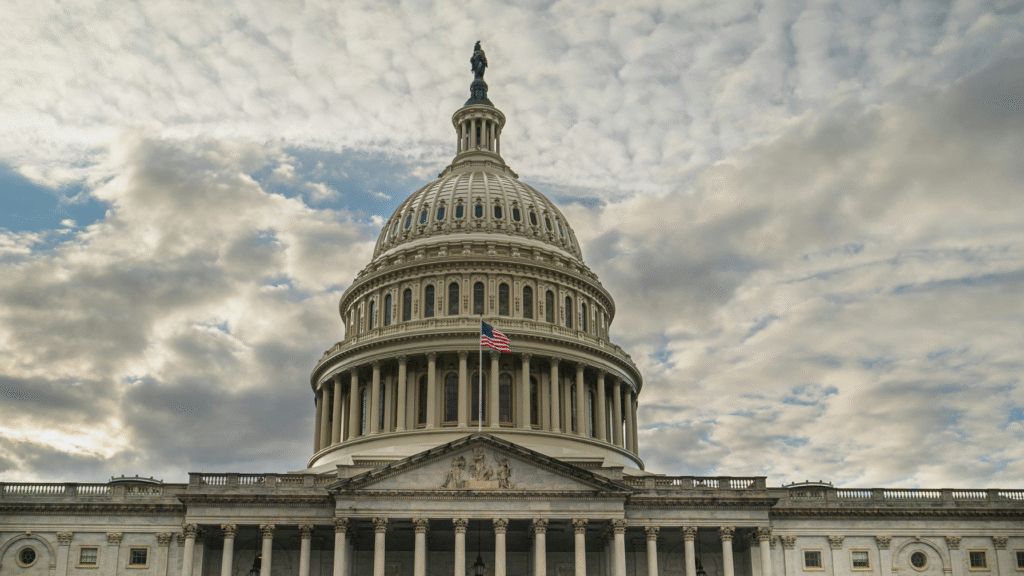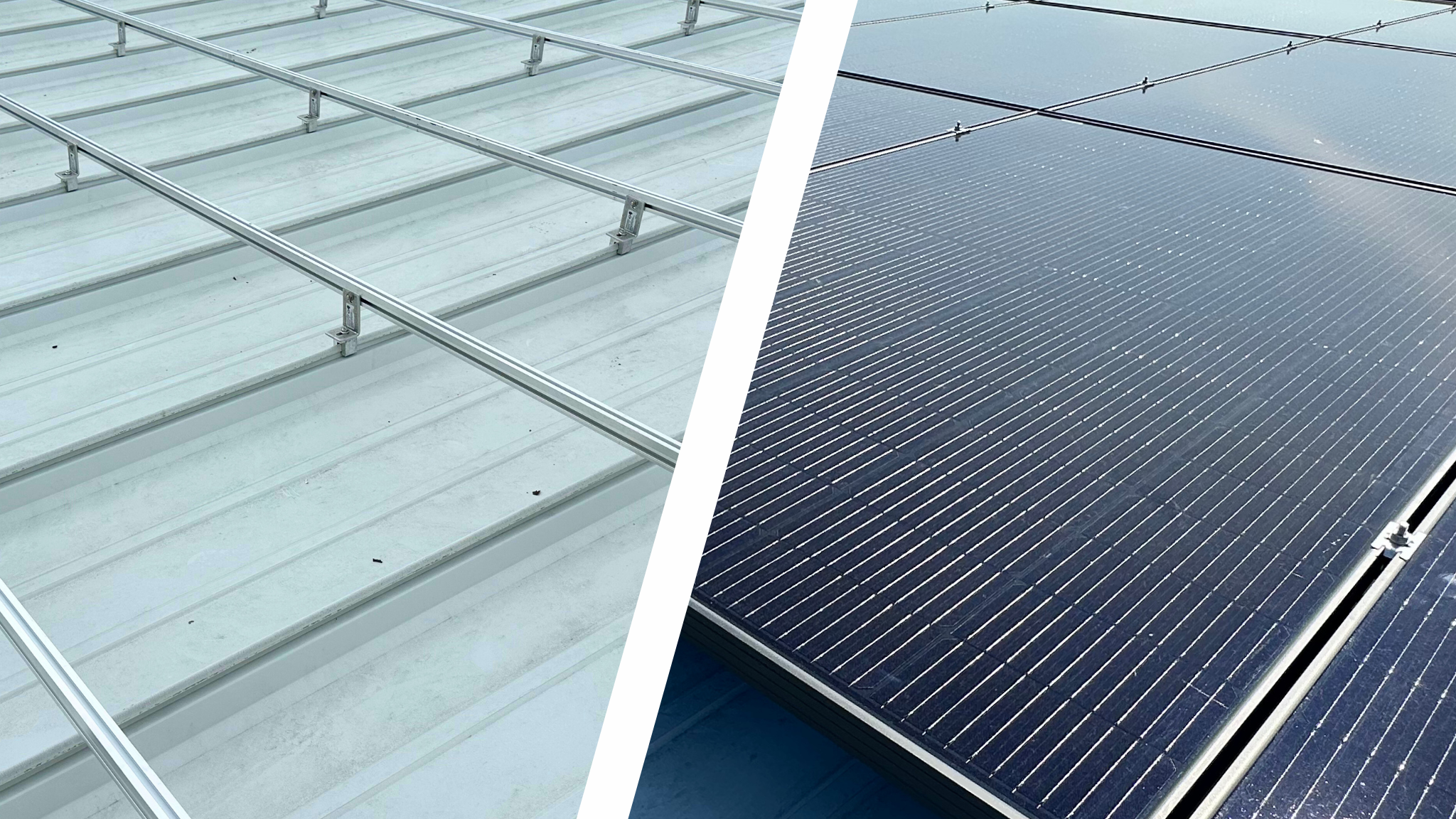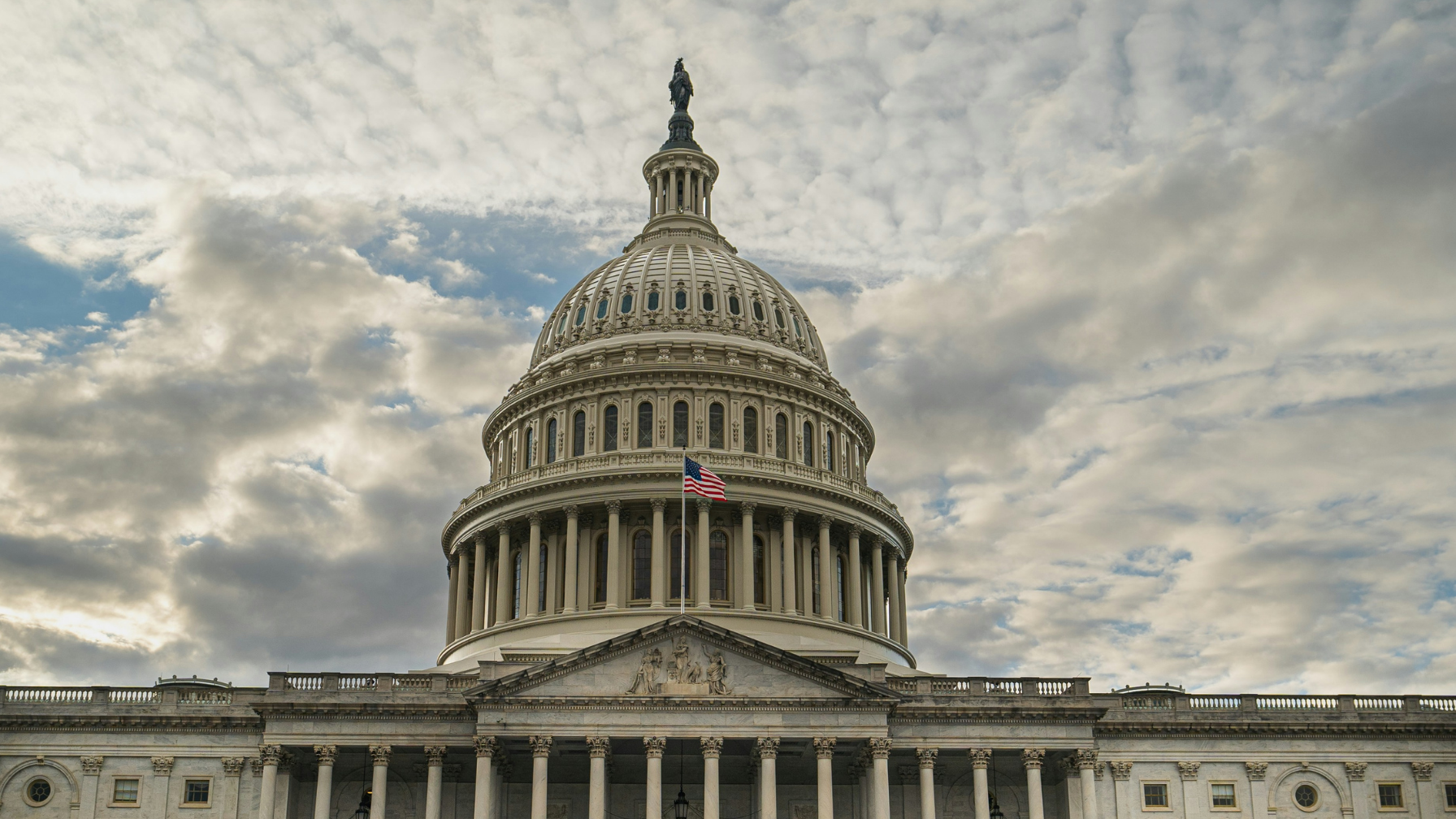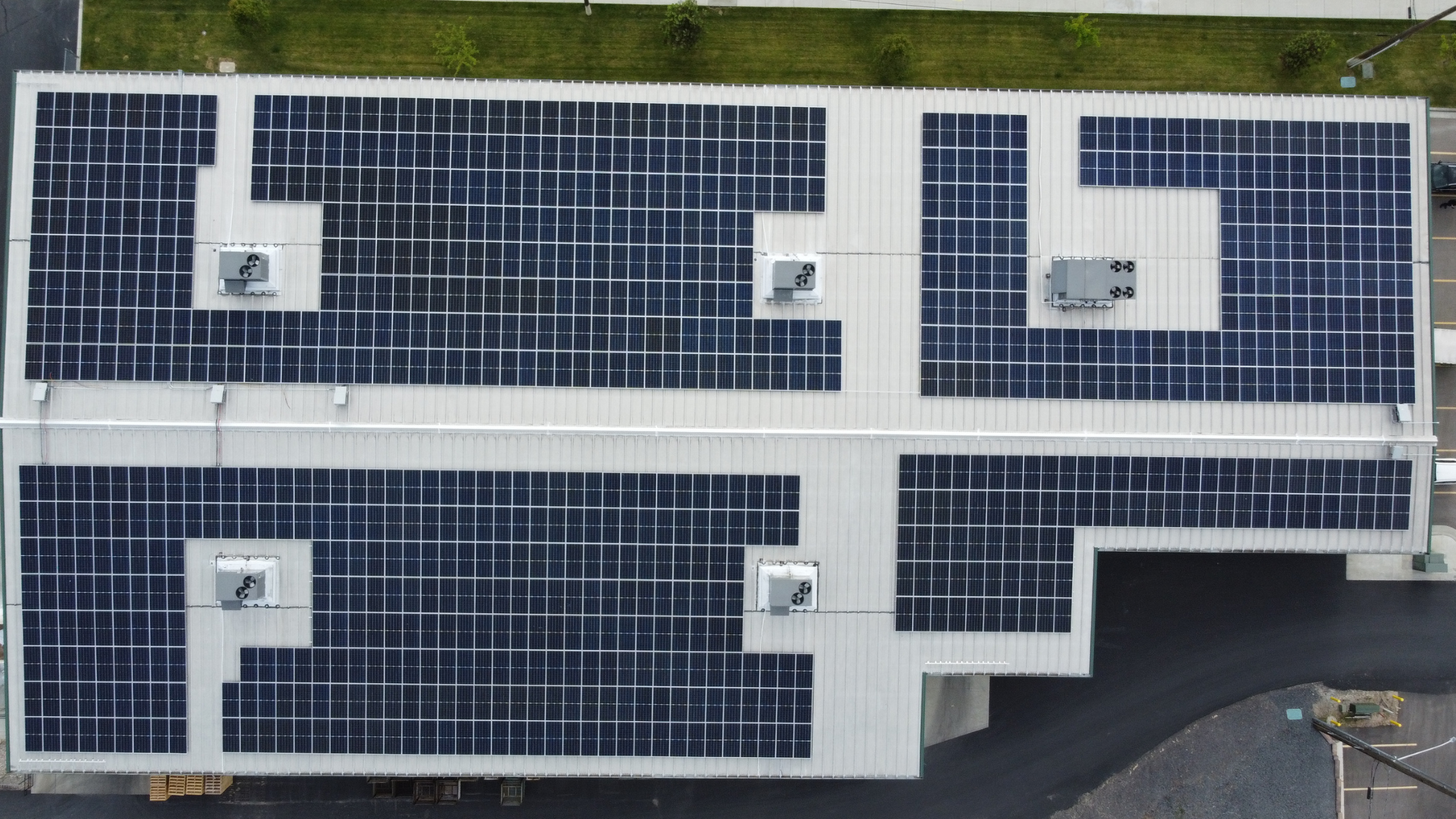If solar is on your company’s radar, time is running out to take advantage of one of the most valuable incentives for commercial projects: the federal Investment Tax Credit (ITC).
Read on to understand the recent developments in Congress regarding the 2025 Reconciliation Bill and why 2025 may be your best, and possibly last, opportunity to secure the full 30% credit.
An Overview of the Investment Tax Credit (ITC)
The ITC is a federal incentive that allows businesses to deduct 30% of the total cost of a solar energy system from their federal taxes. This credit has been a driving force behind the exceptional returns seen in commercial solar projects.
When combined with state tax credits, utility rebates, and depreciation incentives, the overall financial impact is substantial.
Here are a few examples from our 850+ completed projects:
- Storm Products (UT): System payoff in under a year, with projected $2.9 million in lifetime savings, enhanced by available incentives
- Broce Manufacturing (OK): Over $2.1 million in lifetime value from a 397.9 kW system, driven by tax credits, rebates, and long-term energy cost avoidance
- KanEquip (KS): More than $1.6 million in lifetime savings, with the ITC lowering upfront costs and strengthening ROI
- Keusch Glass (IN): A small business success story; this 18.5 kW system paid for itself in under a year, delivering $2,000+ in first-year savings and an expected $89,000 in lifetime value
These project outcomes reflect the benefits of the current ITC. However, upcoming changes could significantly alter these economics for future projects.
How the 2025 Reconciliation Bill Impacts Commercial Solar
The Inflation Reduction Act (IRA) extended the ITC through 2032, but this timeline is now at risk. Pending legislation may reduce or eliminate this benefit much sooner.
Solar’s long-term economics stand strong on their own, but acting before potential policy changes ensures you capture the best of both worlds.
May 2025: House-Proposed ITC Changes
On May 22, after intense debate and a late-night vote, the House passed a version of the Reconciliation Bill that reshapes the ITC’s future for commercial solar.
Key changes include:
- No phase-down period: The gradual reduction schedule was replaced by a hard stop
- 60-day state requirement: Solar projects must meet a short window for eligibility, or lose the credit
- Service deadline: Systems must be in service by December 31, 2028 to qualify for the credit, even if construction started earlier
These unexpected changes sparked immediate response from solar industry groups, businesses, and state officials. Here’s my own summary of the House’s version of the bill:

June 2025: Senate Finance Committee Modifications
On June 16, the Senate Finance Committee proposed a softened bill but still reduced the ITC timeline:
- The 30% credit remains intact through December 31, 2025
- Starting in 2026, the ITC drops sharply:
- 18% in 2026
- 6% in 2027
- 0% in 2028 and beyond.
- The service deadline is extended to the end of 2029
- Projects must begin construction by the end of 2025 to qualify for the full 30% but can meet this through safe harbor provisions without breaking ground
Our team is monitoring the changes closely and will update this article as ITC updates become available.
How Safe Harbor Can Protect Your ITC Eligibility
If your project isn’t ready to start construction this year, safe harbor provisions can preserve your eligibility for the 30% ITC rate through 2028 but only if you act by December 31, 2025.
To qualify for safe harbor:
- Signed contract in place
- At least 5% of the project cost paid by year-end
Meeting both requirements “locks in” your eligibility for the full credit, even if construction starts later.
While the Senate has preserved safe harbor in its version of the bill, the final outcome remains uncertain. Acting now ensures you protect your project from unexpected legislative shifts.
Why Acting Now Matters for Your Energy Costs
Energy costs are rising rapidly. In a May 2025 report, the ICF reports that U.S. electricity demand is expected to grow 78% by 2050, while energy infrastructure investments lag behind.
Rate increases are already affecting businesses:
- Duke Energy: 14% increase for Indiana businesses
- Dominion Energy: Proposed 14% jump in Virginia
- PJM: Auction results show a potential 29% rise in commercial customer rates
Nationwide, commercial electricity rates are 28% higher than a decade ago (Electric Choice).
Solar offers protection against these rising costs, and the ITC currently makes the financial case even stronger. Delaying action risks losing these benefits as incentives shrink.
Next Steps: How to See if Solar Makes Sense for Your Business
Even if you’re unsure, it’s smart to explore the options and run the numbers. Our team can prepare a free, no-pressure solar analysis showing:
- Custom system design options
- All available incentives
- Estimated savings and ROI
- Expected system payoff date for your facility
Artisun Solar gives you honest answers. If solar isn’t a fit, we’ll tell you. But if it is, you’ll be ready to act before the ITC changes.
Ready to See if Solar Works for You?
We make this process easy.
We’ve helped hundreds of companies navigate incentives and financing, including PPAs and leases. We’ll guide you on whether safe harbor or other solutions make sense for your project.
Let’s find out if solar is the right move for your business. Get started here in under 2 minutes, and a member of our team will reach out within two business days.
Key Takeaways for Commercial Solar Projects in 2025
- The 30% ITC may end after 2025
- Credits could drop to 18% in 2026, 6% in 2027, and 0% by 2028
- Safe harbor can lock in the full credit even if you delay construction
- Electricity rates are rising sharply; solar helps protect against these increases
- The window to secure maximum incentives is closing fast. See if solar makes sense for your company.
Glossary: Solar Incentives Explained
- Investment Tax Credit (ITC): Federal tax credit covering 30% of solar system costs
- Inflation Reduction Act (IRA): Extended the ITC to 2032 (before proposed changes)
- Safe Harbor: Allows businesses to secure the 30% ITC with a signed contract and 5% upfront payment, even if physical construction begins later





